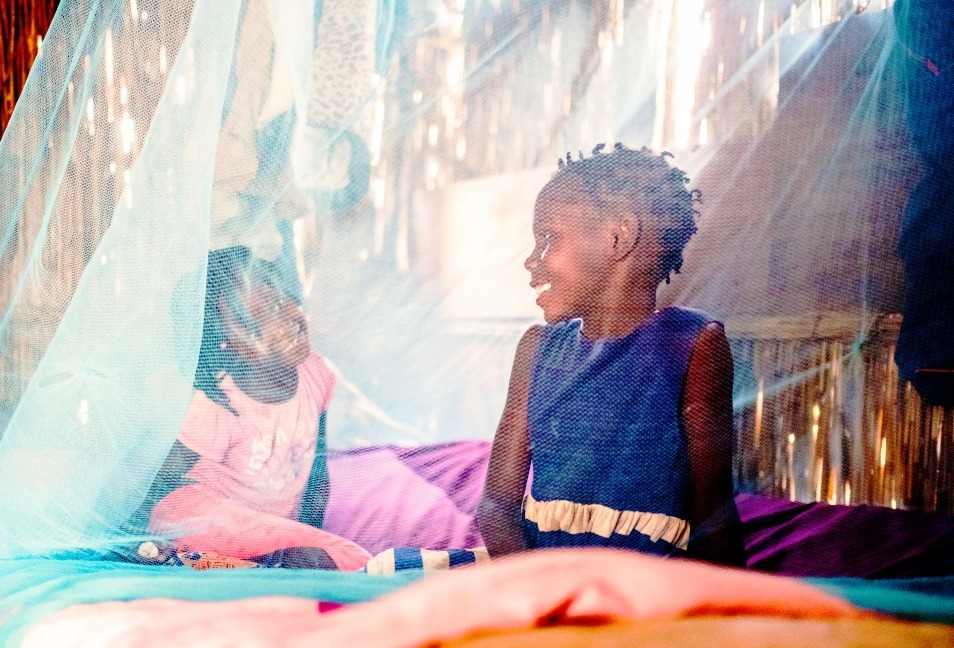Brazzaville– The World Health Organization (WHO) is urging countries and global health partners to step up the fight against malaria as a new report shows that progress against the disease that continues to claim hundreds of thousands of lives every year has slowed down.
In the African region, which bears more than 90% of the global malaria burden, progress in reducing malaria infections and deaths has slowed owing mainly to the stalling of progress in several countries with moderate or high transmission, according to the WHO World Malaria Report 2020, the WHO said in a press release on Monday, November 30, 2020.
Globally, progress is also waning. In 2019 there were 229 million malaria cases – a figure that has remained virtually unchanged over the last four years. Deaths have also stayed relatively stagnant. The disease claimed some 409 000 lives in 2019 compared with 411 000 in 2018.
WHO calls for better targeting of malaria prevention and treatment, new response tools and increased funding to change the trajectory of the disease and reach internationally-agreed 2030 targets to reduce malaria infections and mortality by at least 90%, eliminate malaria in at least 35 countries and prevent resurgence of the disease in all malaria-free countries.
In 2020, the COVID-19 pandemic has brought a new challenge in the fight against malaria as the provision of essential services were disrupted. However, most malaria control programmes have resumed without major delays, the WHO report found.
“While Africa has shown the world what can be achieved if we stand together to end malaria as a public health threat, progress has stalled,” said Dr Matshidiso Moeti, WHO Regional Director for Africa. “COVID-19 threatens to further derail our efforts to overcome malaria, particularly treating people with the disease. Despite the devastating impact COVID-19 has had on African economies, international partners and countries need to do more to ensure that the resources are there to expand malaria programmes which are making such a difference in people’s lives.”
Working with countries to ensure the continuity of essential services, WHO provided guidance to help governments adapt their responses and ensure malaria prevention and treatment could continue safely during the pandemic.
However, WHO is concerned that even moderate disruptions in access to treatment could lead to a considerable loss of life. The report finds, for example, that a 10% disruption in access to effective antimalarial treatment in sub-Saharan Africa could lead to 19 000 additional deaths. Disruptions of 25% and 50% in the region could result in an additional 46 000 and 100 000 deaths, respectively.

